Ramadan, the holy month of fasting, is a time for spiritual reflection, self-discipline, and physical cleansing. During this month, Muslims around the world abstain from eating, drinking, and engaging in sensual pleasures from dawn until dusk. As the sun sets, the fast is broken with a meal called Iftar. It is essential to make wise food choices during this time to nourish the body and maintain good health.
What to Eat During Ramadan
Complex Carbohydrates
Complex carbohydrates are a crucial part of a balanced diet during Ramadan. They provide sustained energy and help prevent hunger and fatigue. Some excellent sources of complex carbohydrates include:
- Whole grains (brown rice, whole wheat bread, oats)
- Legumes (lentils, chickpeas, beans)
- Starchy vegetables (sweet potatoes, potatoes, corn)
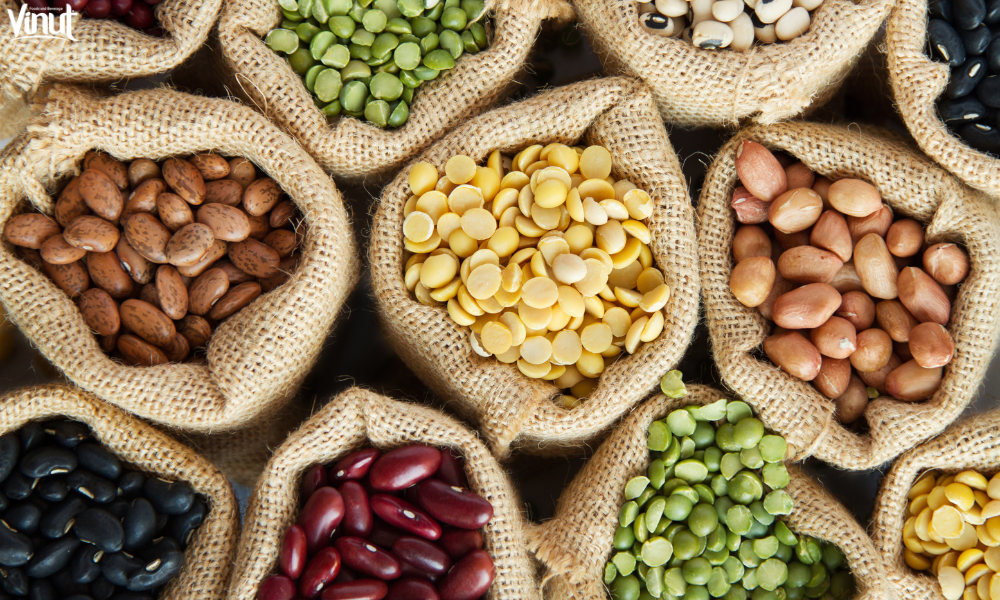
Example
For a nutritious dinner during Ramadan, consider serving grilled chicken with brown rice, roasted sweet potatoes, and a lentil salad. This meal provides a good balance of complex carbohydrates, protein, and fiber to keep you feeling satisfied and energized.
Protein-rich Foods
Protein is essential for repairing and building muscle tissue, which is especially important during Ramadan when the body may experience increased muscle breakdown due to fasting. Incorporate lean sources of protein into your meals, such as:
- Poultry (chicken, turkey)
- Fish (salmon, tuna, mackerel)
- Eggs
- Dairy products (milk, yogurt, cheese)
- Nuts and seeds
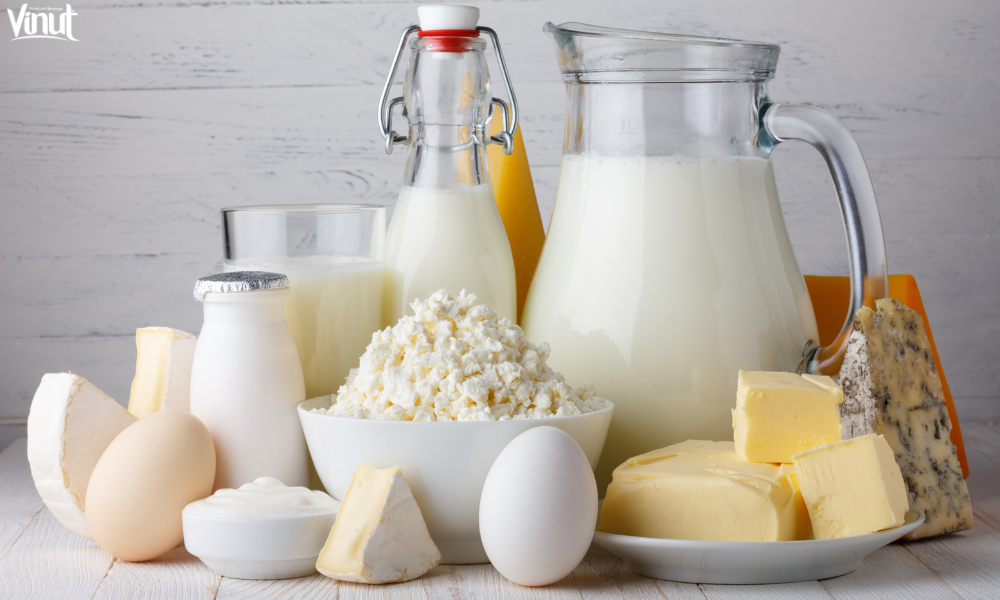
Example
Start your day with a protein-rich meal, such as an omelet made with two eggs, spinach, and low-fat cheese. This will help keep you feeling fuller for longer and provide essential nutrients for your body.
Fruits and Vegetables
Fruits and vegetables are packed with vitamins, minerals, and fiber, making them an essential part of a healthy Ramadan diet. Aim to include a variety of colorful fruits and vegetables in your meals to ensure you’re getting a wide range of nutrients.
- Fruits: Apples, oranges, bananas, berries, dates
- Vegetables: Spinach, carrots, tomatoes, bell peppers, cucumbers
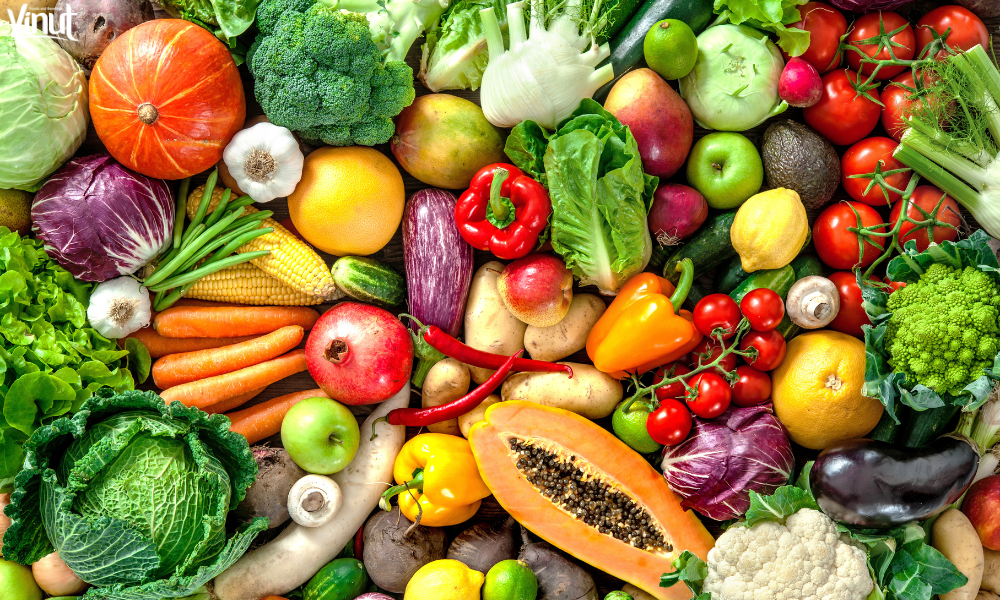
Example
Start your Iftar meal with a refreshing salad made with mixed greens, cherry tomatoes, cucumber, and a light vinaigrette dressing. Follow it up with a fruit platter featuring sliced oranges, apples, and grapes. This combination will provide essential vitamins, minerals, and fiber to support your overall health during Ramadan.
What to Avoid During Ramadan
Processed and Fried Foods
Processed and fried foods are often high in unhealthy fats, salt, and sugar, which can lead to weight gain and other health issues. During Ramadan, it’s best to limit or avoid these types of foods:
- Fast food (burgers, fries, fried chicken)
- Processed snacks (chips, crackers, cookies)
- Sugary drinks (soda, energy drinks)
- Fried and greasy foods (samosas, pakoras, fried sweets)
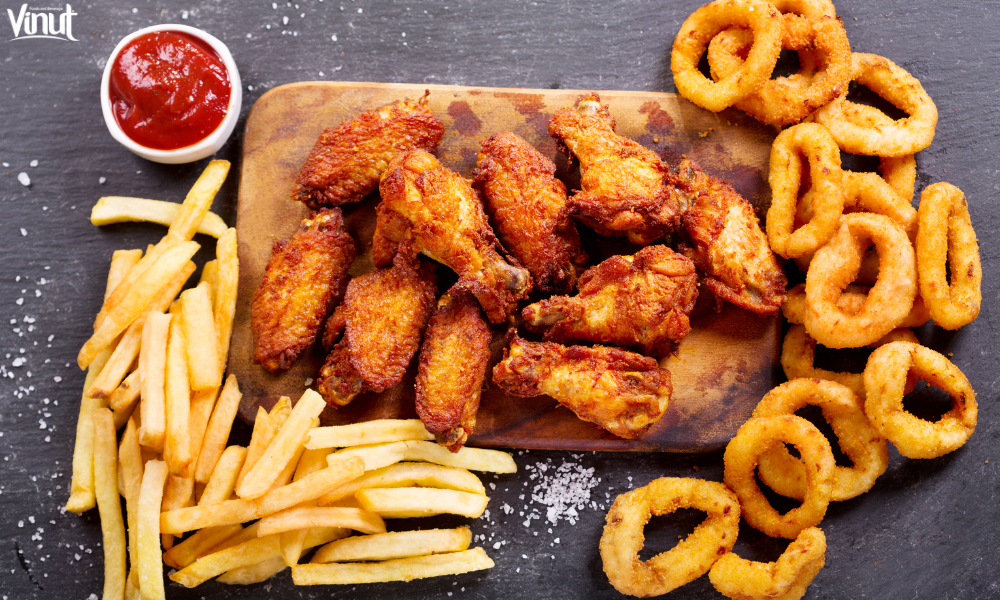
Caffeine and Alcohol
Both caffeine and alcohol can dehydrate the body, which is particularly detrimental during Ramadan when staying hydrated is crucial. Avoid or limit your intake of:
- Coffee, tea, and energy drinks
- Alcoholic beverages

Salty and Spicy Foods
Consuming excessive amounts of salt and spicy foods can lead to dehydration and digestive discomfort. It’s best to moderate your intake of these types of foods:
- Salty snacks (pretzels, salted nuts)
- Spicy dishes (curries, hot sauces)
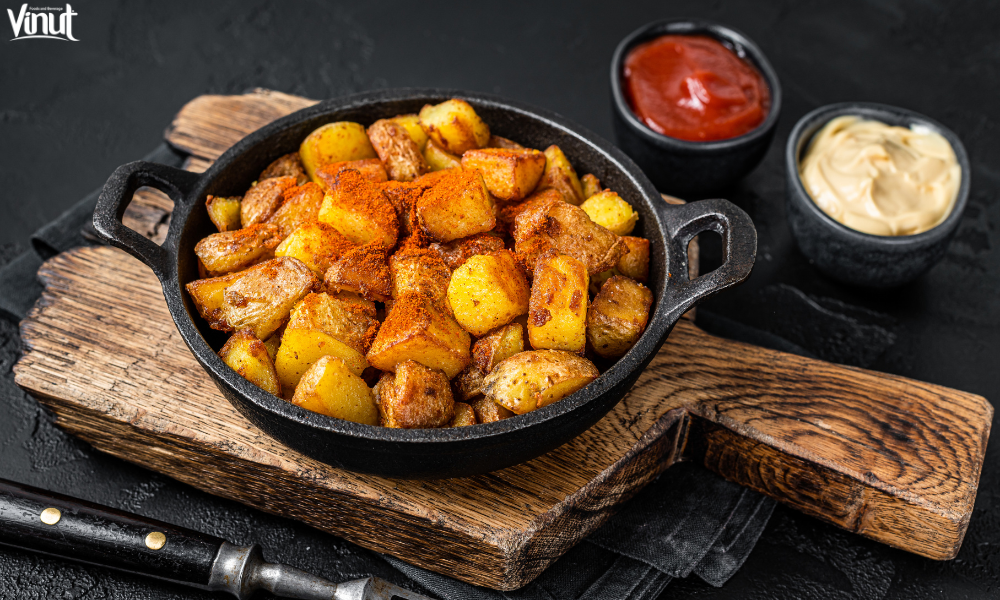
Foods to Break Fast with During Ramadan
Dates and Milk
Traditionally, Muslims break their fast with a few dates and a glass of milk or water. Dates are an excellent source of natural sugars and fiber, providing a quick energy boost after a long day of fasting. Milk is also a great choice as it contains protein, calcium, and other essential nutrients.
Water
Staying hydrated is crucial during Ramadan. Make sure to drink plenty of water when breaking your fast to replenish the fluids lost throughout the day.
Soups and Broths
Soups and broths are gentle on the digestive system and can help rehydrate the body. Consider starting your Iftar meal with a warm lentil or vegetable soup to help prepare your body for a larger meal.
Hydration During Ramadan
Proper hydration is crucial during Ramadan to maintain good health and energy levels. Here are some tips to stay hydrated:
- Drink plenty of water, especially during the non-fasting hours
- Incorporate water-rich foods like fruits and vegetables into your meals
- Limit your intake of caffeinated beverages, which can dehydrate you
Healthy Eating Tips for Ramadan
Eat a Balanced Diet
Aim to incorporate a variety of nutrient-dense foods from all food groups (whole grains, lean proteins, fruits, vegetables, and healthy fats) into your meals to ensure you’re getting a balanced diet.
Portion Control
Practice portion control to avoid overeating, which can lead to weight gain and digestive discomfort. Use smaller plates and listen to your body’s hunger and fullness cues.
Prepare Meals in Advance
Planning and preparing meals in advance can help you make healthier choices and avoid last-minute unhealthy options.
Unhealthy Eating Habits to Avoid During Ramadan
Skipping Suhoor (Pre-dawn Meal)
Skipping the pre-dawn meal, known as Suhoor, can lead to excessive hunger and fatigue during the day. Make sure to eat a balanced meal before the start of the fast to sustain your energy levels.
Overeating at Iftar
While it’s tempting to indulge after a long day of fasting, overeating at Iftar can lead to weight gain, digestive issues, and discomfort. Eat slowly, listen to your body’s fullness signals, and stop when you feel satisfied.
Consuming Excessive Amounts of Fried and Sugary Foods
Fried and sugary foods may seem appealing during Ramadan, but they offer little nutritional value and can contribute to weight gain, fatigue, and other health issues.
Maintaining a Healthy Weight During Ramadan
Maintaining a healthy weight during Ramadan can be challenging, but it’s possible with mindful eating habits and portion control. Here are some tips to help you manage your weight:
- Practice portion control and listen to your body’s hunger and fullness cues
- Choose nutrient-dense foods that provide sustained energy
- Stay active by engaging in light exercise, such as walking or stretching, during non-fasting hours
- Avoid excessive consumption of fried and sugary foods
- Drink plenty of water to stay hydrated
The Spiritual Benefits of Fasting During Ramadan
While the physical aspects of Ramadan are important, the spiritual benefits of fasting should not be overlooked. Ramadan is a time for self-reflection, spiritual renewal, and strengthening one’s relationship with Allah. By abstaining from food and drink during daylight hours, Muslims are reminded of the importance of self-discipline, patience, and gratitude.
Fasting during Ramadan is not just about physical deprivation but also about cultivating virtues such as compassion, empathy, and generosity. By experiencing hunger and thirst firsthand, Muslims can develop a deeper understanding of the struggles faced by those who lack access to necessities like food and water. This heightened awareness can inspire acts of charity and kindness towards those in need.
Moreover, fasting during Ramadan allows Muslims to focus more on their spiritual development by engaging in acts of worship, such as reading the Quran, performing additional prayers, and seeking forgiveness from Allah and others. This spiritual growth can help strengthen one’s faith and bring them closer to their Creator.
Conclusion
Ramadan is a time for spiritual renewal, self-discipline, and physical cleansing. You can nourish your body and maintain good health during this holy month by making wise food choices and following healthy eating habits. Remember to focus on complex carbohydrates, lean proteins, fruits, and vegetables while limiting processed, fried, and sugary foods. Stay hydrated, practice portion control, and engage in light physical activity during non-fasting hours. Most importantly, embrace the spiritual journey of Ramadan by setting clear intentions, engaging in acts of worship, and cultivating virtues such as compassion, empathy, and gratitude. By following these guidelines, you can experience a fulfilling and rewarding Ramadan, both physically and spiritually.


 Juice Concentrate
Juice Concentrate Vegetable juice
Vegetable juice Juice Milk
Juice Milk Stand Up Pouches
Stand Up Pouches









